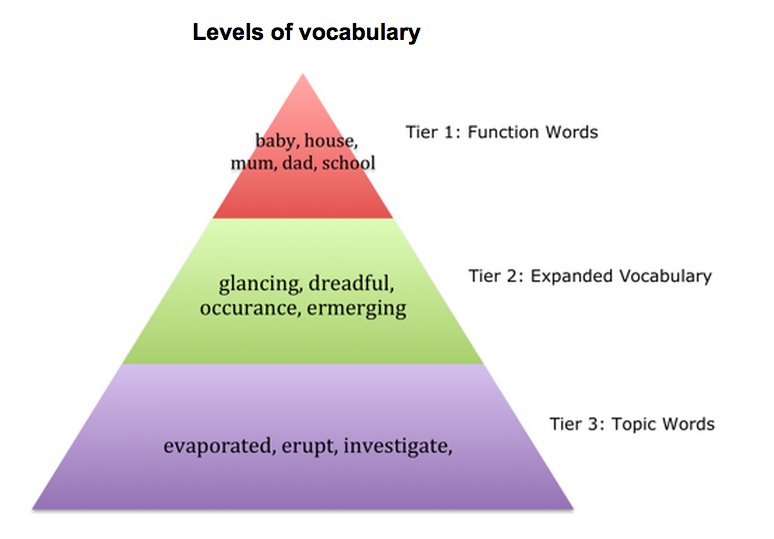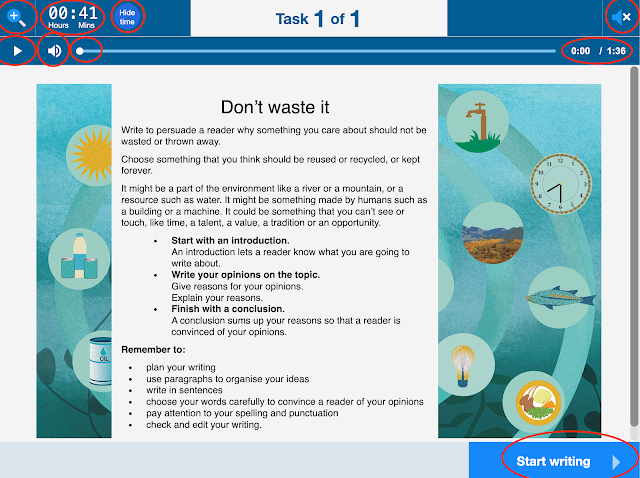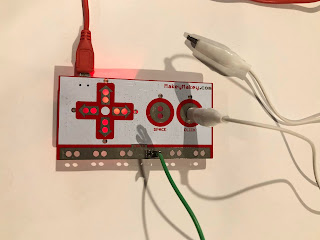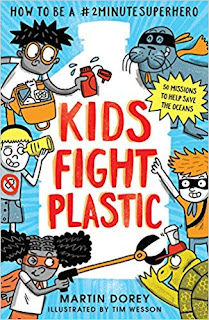Teaching Literacy a lecture at CSU
On Monday the 23rd February I had the pleasure of attending the launch of the K-12 Education program at Charles Sturt University, Port Macquarie Campus.
How exciting for Port Macquarie to have a permanent university campus for 2000 students. Current education students and local educators were invited to the launch where Dr Noella Mackenzie spoke on teaching literacy in the K-12 classroom.
As an educator it is important to understand the continuity of learning. Any classroom can contain students with a range of reading ages. For example one year I had a year 4 class (9yo) with a reading age range of 5-16years. In secondary there are often students who struggle with reading and there may be students with low reading ages. So, it is crucial that all teachers primary and secondary have an understanding of the continuity of learning in literacy regardless of specialty.
Many students can learn to read with limited vocabulary. It is possible for a competent 6yo reader to read the newspaper, however their understanding of current affairs and politics will limit their comprehension.There is a large change in the texts presented and expectations of understanding from year 2 to year 3 and again from year 6 to year 7. Early intervention for low readers is crucial to ensure students can read competently at grade level before entering primary years.
Teachers should assist students with the location of suitable reading and research material to ensure understanding of content and development of vocabulary. Dr Mackenzie said "2-3 yo assimilate new words after hearing them one or two times... and not all children are exposed to school vocabulary before school." To assist with the development of vocabulary it is important parents read regularly from a variety of sources.
As people get older they need to hear words multiple times in context before being confident to use them in a conversation or writing. As a teacher when introducing new words always include an explanation or definition. This is more important than using a dictionary as dictionary definitions can often be complex and use words that are not in the students vocabulary and have multiple definitions that may not be relevant to the conversation or writing.
To assist with the continual development of vocabulary and to model reading parents and teachers should continue to read aloud to children in to secondary school. This assists with modelling intonation of grammar and pronunciation of new words.
Dr Mackenzie gave the example of "Hermione" how did you pronounce this word the first time you read it? It is a difficult to pronounce a word if you have never heard the word said.
To be a competent writer you need to fine tune your choice of words. The spoken vocabulary is often different to the written vocabulary. Dr Mackenzie suggested a framework for vocabulary with 3 levels. Tier 1 is function words that students are exposed to most days. Tier 3 are topic words that are often taught during thematic or units of work. Tier 2 needs to have an increased focus in the classroom. These are words that are required for writing but not necessarily used on a daily basis in the spoken language.
How many words in this poem do you find difficult to pronounce. If you can pronounce all of them you will speaking English better than 90% of the English speaking world.
How exciting for Port Macquarie to have a permanent university campus for 2000 students. Current education students and local educators were invited to the launch where Dr Noella Mackenzie spoke on teaching literacy in the K-12 classroom.
My notes and thoughts on the lecture.
As an educator it is important to understand the continuity of learning. Any classroom can contain students with a range of reading ages. For example one year I had a year 4 class (9yo) with a reading age range of 5-16years. In secondary there are often students who struggle with reading and there may be students with low reading ages. So, it is crucial that all teachers primary and secondary have an understanding of the continuity of learning in literacy regardless of specialty.
Many students can learn to read with limited vocabulary. It is possible for a competent 6yo reader to read the newspaper, however their understanding of current affairs and politics will limit their comprehension.There is a large change in the texts presented and expectations of understanding from year 2 to year 3 and again from year 6 to year 7. Early intervention for low readers is crucial to ensure students can read competently at grade level before entering primary years.
Teachers should assist students with the location of suitable reading and research material to ensure understanding of content and development of vocabulary. Dr Mackenzie said "2-3 yo assimilate new words after hearing them one or two times... and not all children are exposed to school vocabulary before school." To assist with the development of vocabulary it is important parents read regularly from a variety of sources.
As people get older they need to hear words multiple times in context before being confident to use them in a conversation or writing. As a teacher when introducing new words always include an explanation or definition. This is more important than using a dictionary as dictionary definitions can often be complex and use words that are not in the students vocabulary and have multiple definitions that may not be relevant to the conversation or writing.
To assist with the continual development of vocabulary and to model reading parents and teachers should continue to read aloud to children in to secondary school. This assists with modelling intonation of grammar and pronunciation of new words.
Dr Mackenzie gave the example of "Hermione" how did you pronounce this word the first time you read it? It is a difficult to pronounce a word if you have never heard the word said.
Other examples include:
- Alzheimer's disease
- Arkansas
- cacophony
- diphtheria
- Gunwale
- Islington
- Melpomene
- onomatopoeia
- Phlegm
- supremacist
- Terpsichore
To be a competent writer you need to fine tune your choice of words. The spoken vocabulary is often different to the written vocabulary. Dr Mackenzie suggested a framework for vocabulary with 3 levels. Tier 1 is function words that students are exposed to most days. Tier 3 are topic words that are often taught during thematic or units of work. Tier 2 needs to have an increased focus in the classroom. These are words that are required for writing but not necessarily used on a daily basis in the spoken language.
Activities for use in the classroom to develop vocabulary
- Homonyms, homophones, homographs.
- Jokes, puns, word puzzles - make these a learning experience, joke time, puzzle time, create your own.
- Word clines - Place a word in the middle and students find words related to the topic and place them on a scale. Eg: Size - Minuscule, Tiny, Small, Big, Huge, Enormous, Gigantic, Humongous, Titanic, Immense
- Put two unrelated words in a sentence eg: gregarious and hermit. The hermit was not happy when the gregarious people began a party in his park.
- Read aloud - Teacher should read aloud various text types during teaching. Read a novel, non fiction, read a paragraph
- Listening and Speaking should be emphasised in the classroom.
- Expanding a sentence: Give a basic sentence and ask students to make the sentence more descriptive while maintaining the core meaning.
 |
Word Clines |
 |
Expanding a sentence
I bought a burger. Could become "I bought a really delicious gourmet beef burger, with salad from the fancy burger, place near the beach, for lunch on Saturday.
|
How many words in this poem do you find difficult to pronounce. If you can pronounce all of them you will speaking English better than 90% of the English speaking world.








Comments
Post a Comment